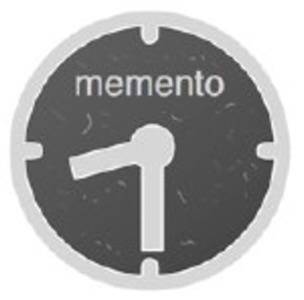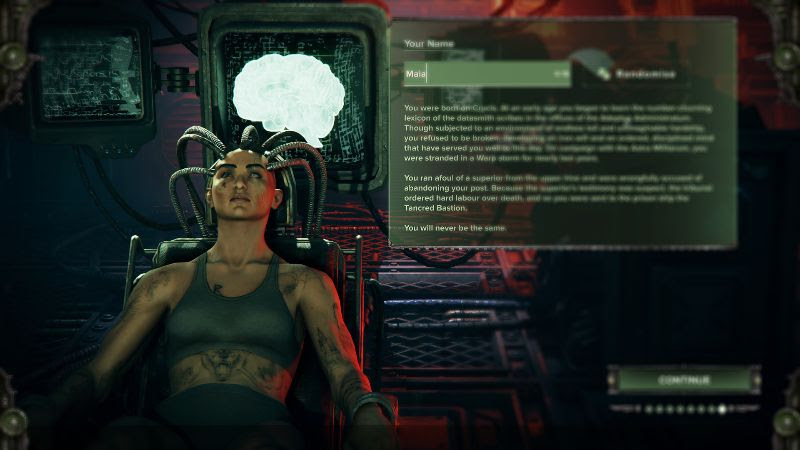The Web constantly changes and evolves. That, of course, is what makes the Internet so exciting, but it also means that finding older versions of a website is hard. The current push towards the real-time web is making this problem even more apparent. Memento, a project based at Old Dominion University, wants to make it easier to access older versions of a web page without having to go to the Internet Archive. To do this, the project is using a relatively obscure feature of the hypertext transfer protocol (HTTP).

The Memento project wants to give browsers a ‘time-travel’ mode. Currently, the only way to find these pages is the Wayback Machine. According to an interview with Memento’s Herbert Van de Sompel, the mission of this project is to make it far easier for users to find older pages without having to go through the hassle of putting the right URL into the Wayback Machine’s search engine.
HTTP Content Negotiation
To do this, Van de Sompel and his colleagues are exploiting a feature in the HTTP content negotiation specs that allows them to add date-and-time negotiation to the standard negotiations that already happen whenever your browser connects to a web server. Instead of just asking for the current page, a Memento-enabled browser can also ask for an older version of that page. Some servers and content management systems already offer this feature and the Memento project has developed a demo that shows how this feature would look. According to Van de Sompel, it only takes four extra lines of codes in Apache to make this work.
While it is relatively easy for browsers to ask for an older version of a web page, content owners would have to store these older versions of their sites on their servers as well. With static sites, this is easy to do, but today’s highly dynamic web doesn’t make it easy to create an archival version of every page.
You can find more technical information about how the team envisions the future of the Memento project in this paper.










